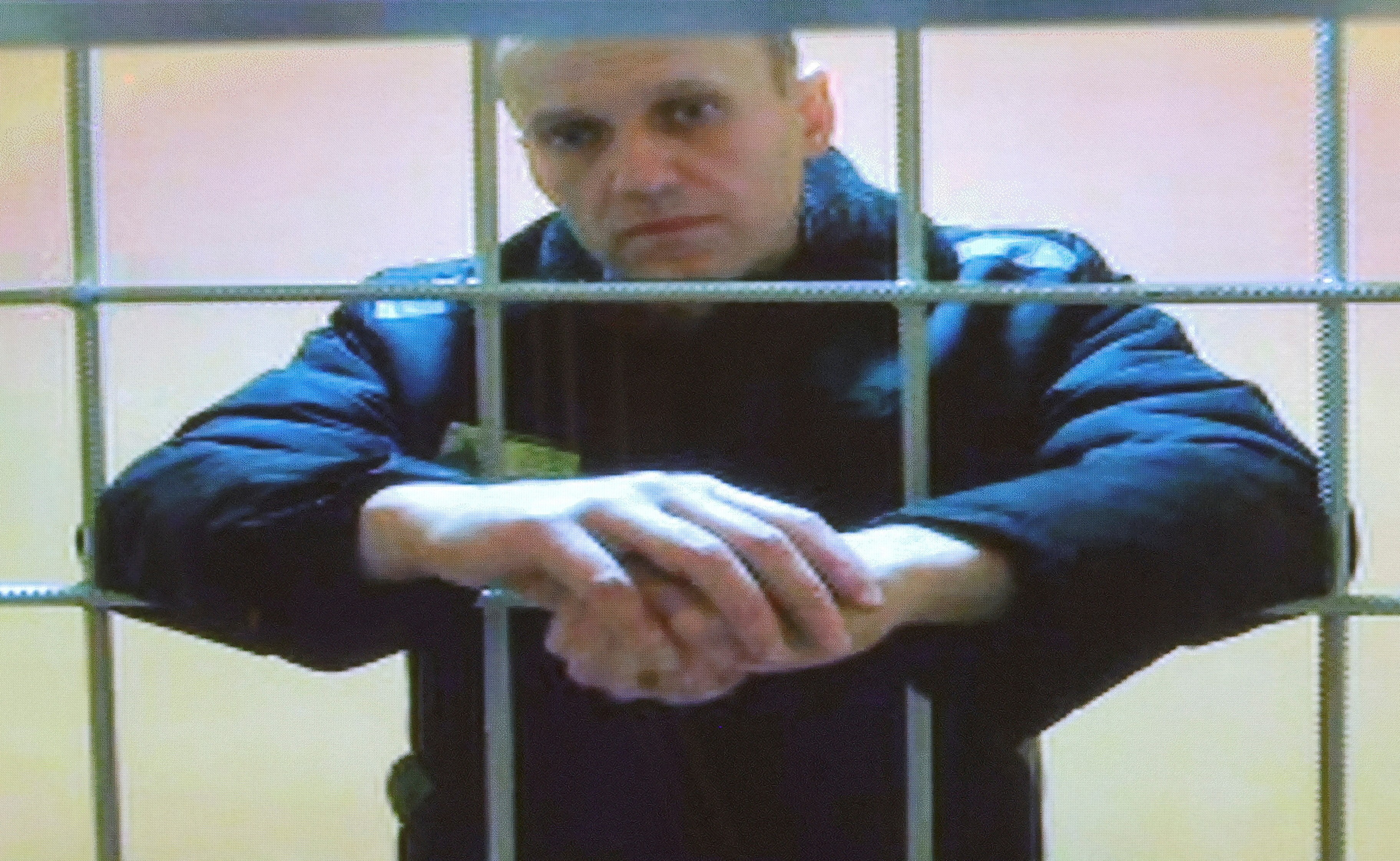A clandestine anti-Putin faction within Russia plotted to free opposition figure Alexei Navalny from a Siberian prison camp, according to reports from the “Russian Volunteer Corps” (RDK), an ultra-nationalist group also engaged in combat against Russian forces in Ukraine.The plan involved a coordinated attack on the convoy transporting Navalny to the remote penal camp in Siberia, approximately 1,900 kilometers northeast of Moscow. Supporters within law enforcement agencies were allegedly part of the scheme, intending to facilitate Navalny’s escape to Ukraine.However, the operation was thwarted by the rigorous security measures implemented by Russian secret services and the prison administration, designed to forestall such attempts.Despite several postponements of Navalny’s transfer to the penal camp, the RDK’s efforts to execute the plan were foiled. Subsequently, the organization regrouped to devise an alternative strategy for Navalny’s liberation.In a series of video releases, the RDK provided glimpses into Navalny’s conditions within the penal colony, showcasing footage of him in various locations such as the sewing room and the warden’s office. Layout plans of the prison and details about the staff were also disclosed.Navalny’s sudden death in prison on February 16 sparked widespread outrage and accusations against Kremlin leader Vladimir Putin. While official reports claim Navalny died unexpectedly during a walk, his supporters allege foul play and accuse the authorities of attempting to conceal the true circumstances of his demise by withholding his body for a two-week “chemical analysis.”Despite the failure to rescue Navalny, the RDK remains committed to challenging the Russian regime and securing the release of other political prisoners.Additionally, members of the RDK have been actively engaged in combat alongside the Ukrainian army against Russian forces. While the nature of the connection between the RDK and Navalny’s organization remains unclear, Navalny had been transferred to Penal Colony-3 in Harp settlement following an unsuccessful appeal against his 19-year sentence on “extremism” charges.

